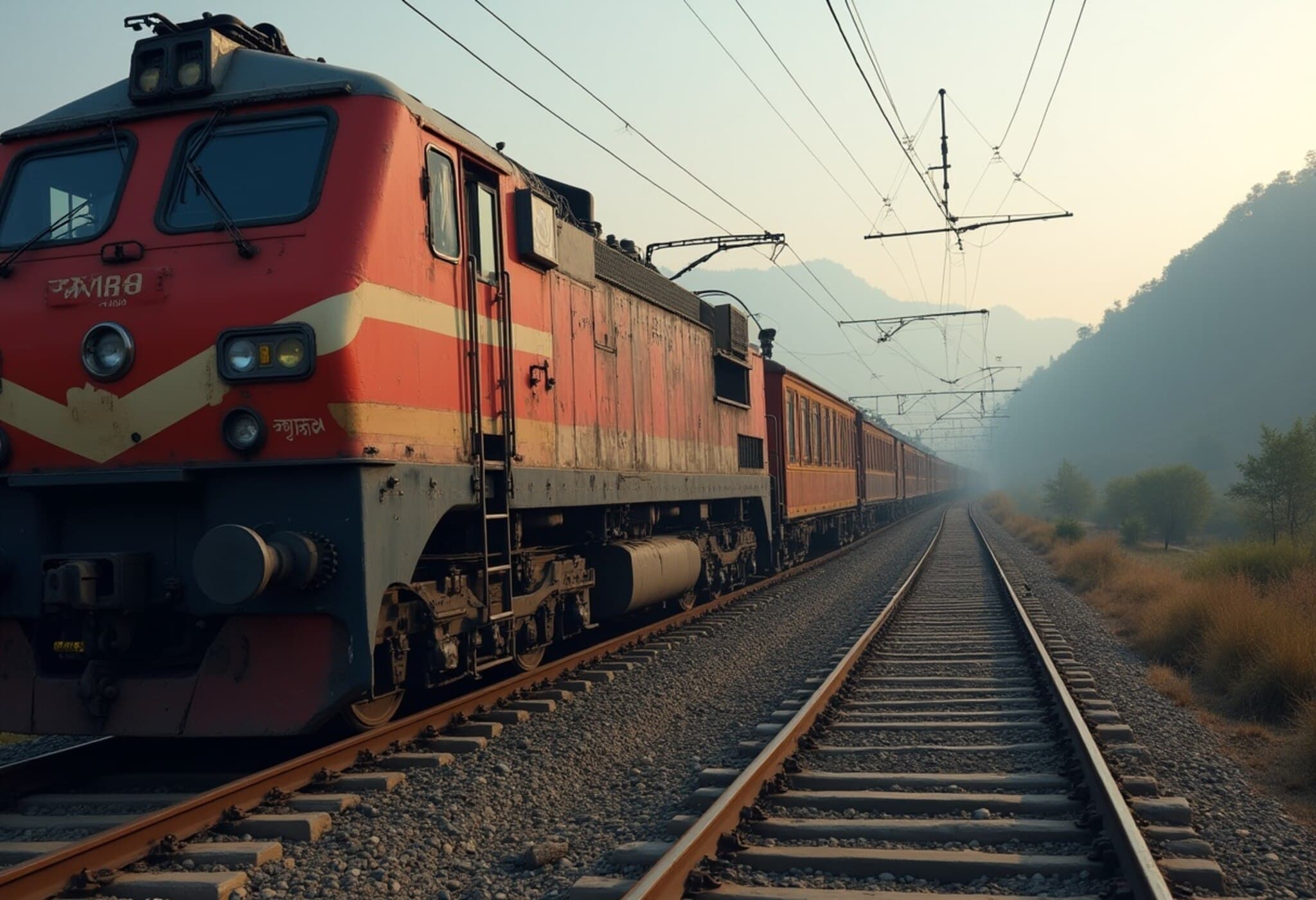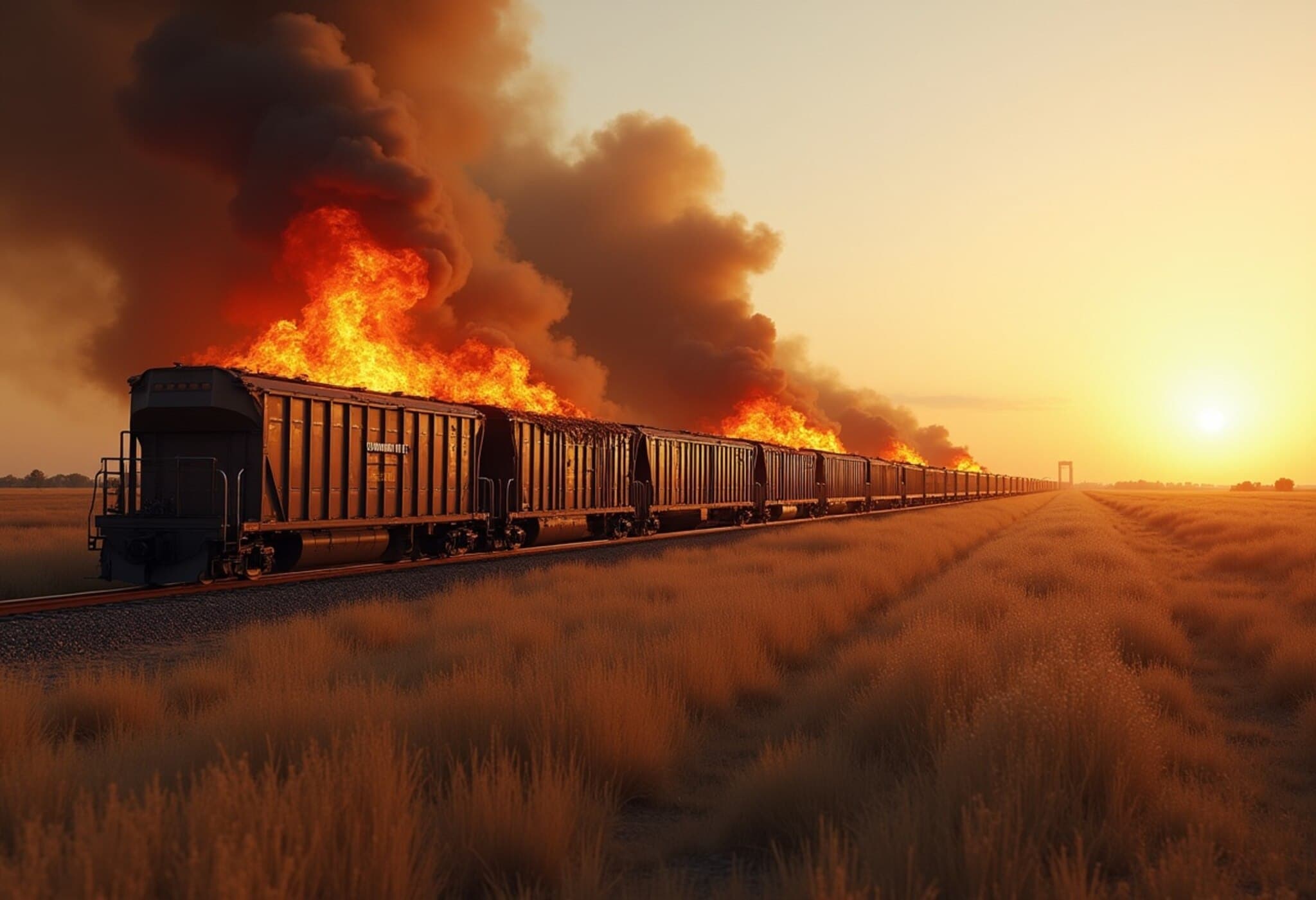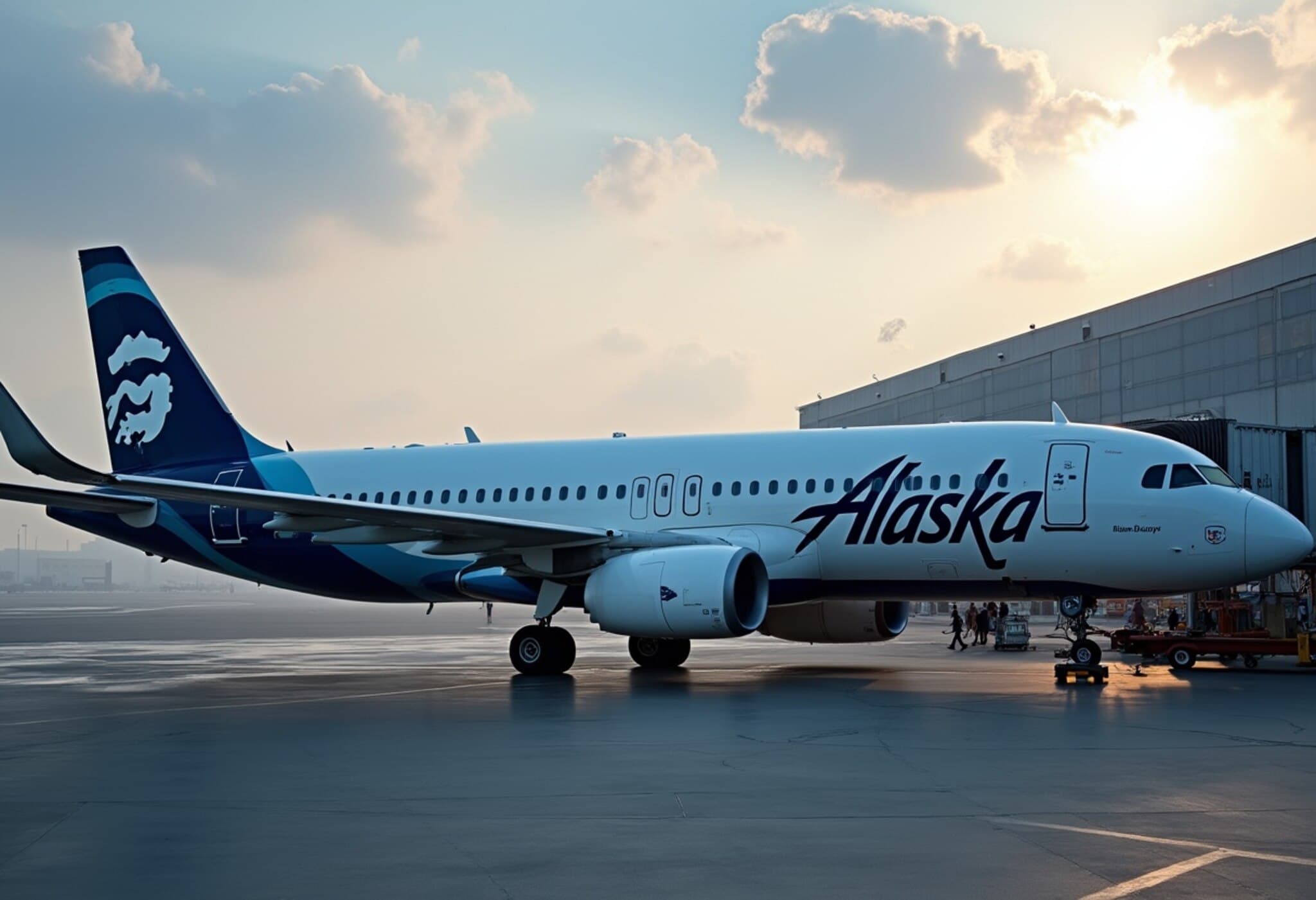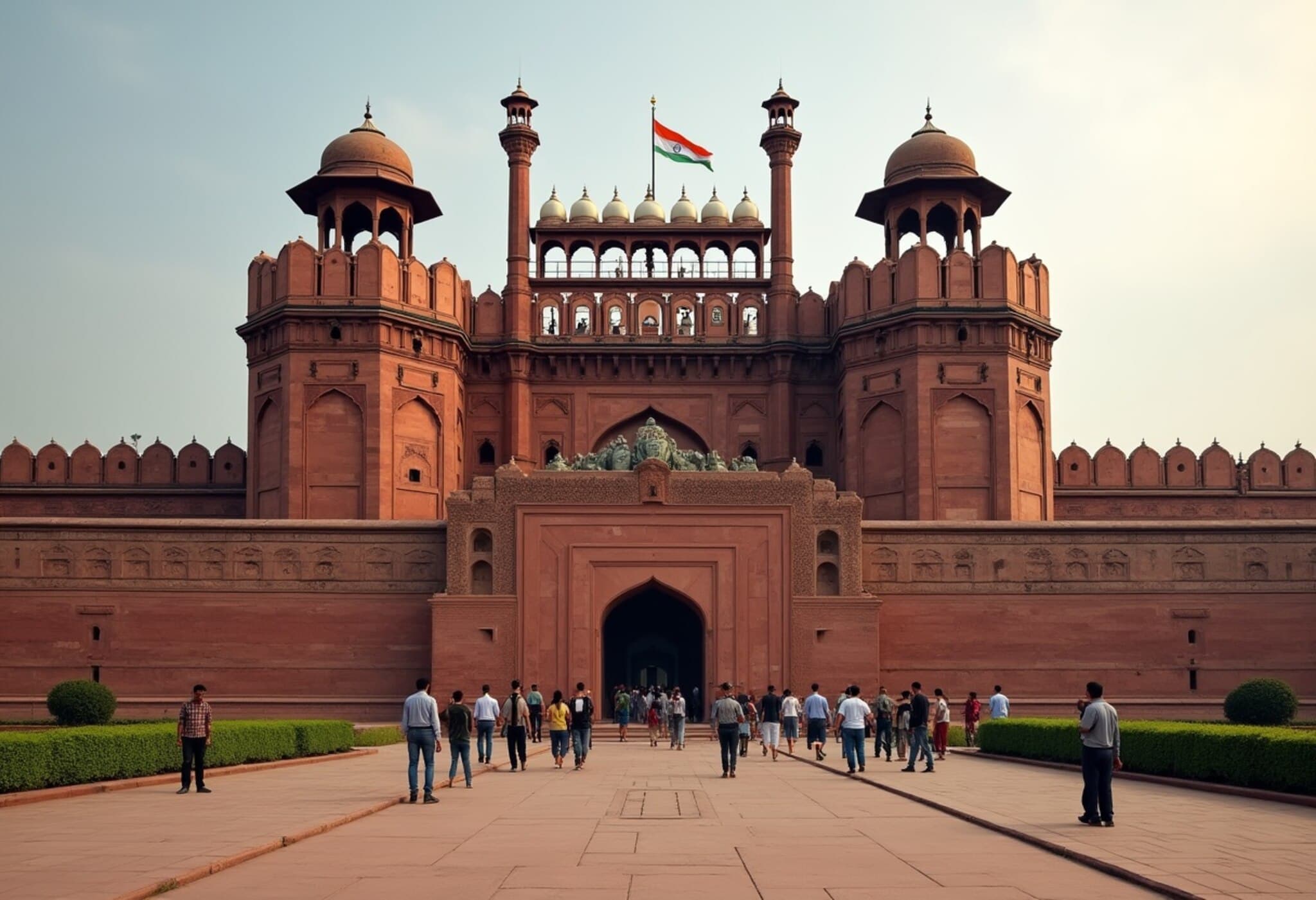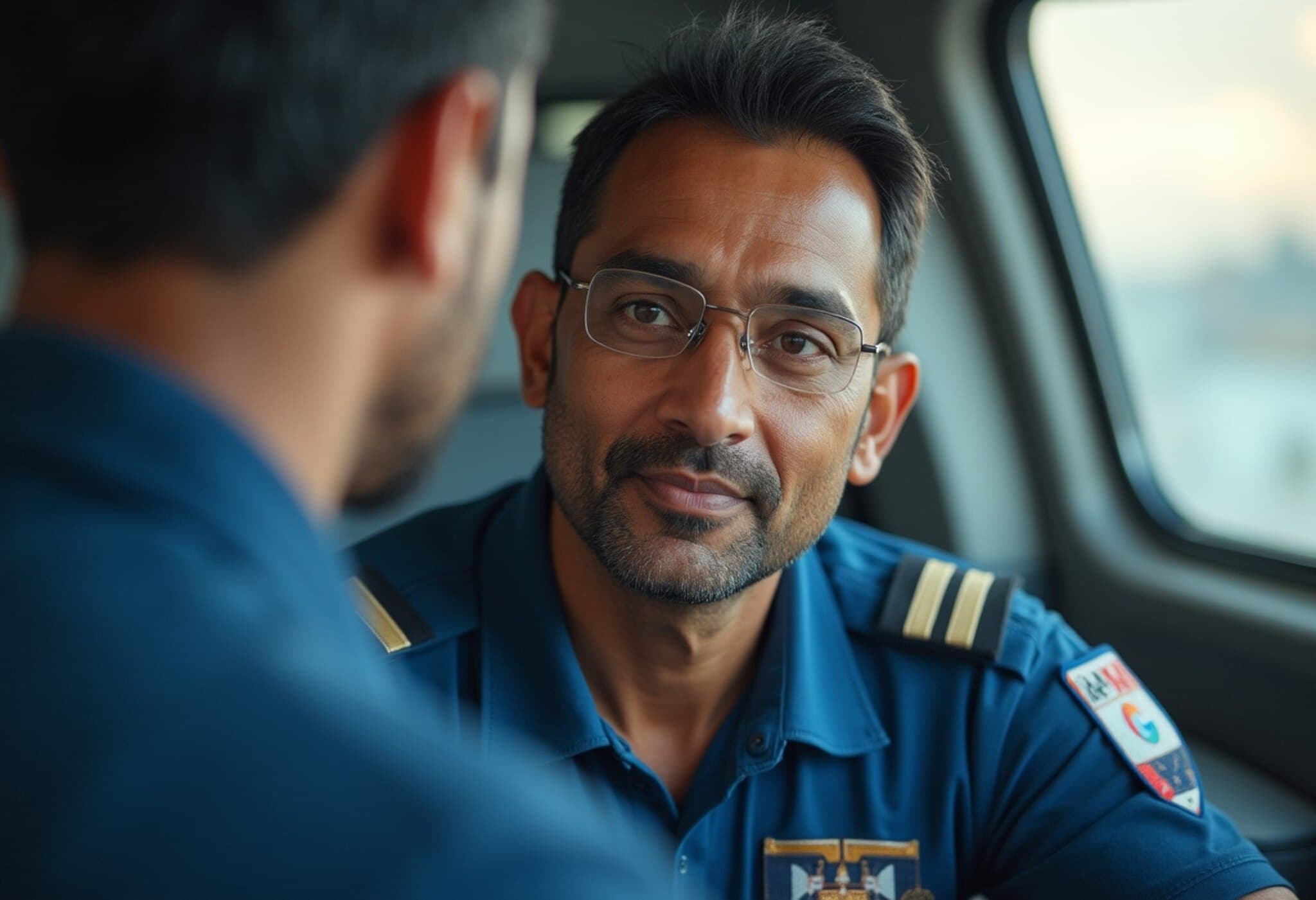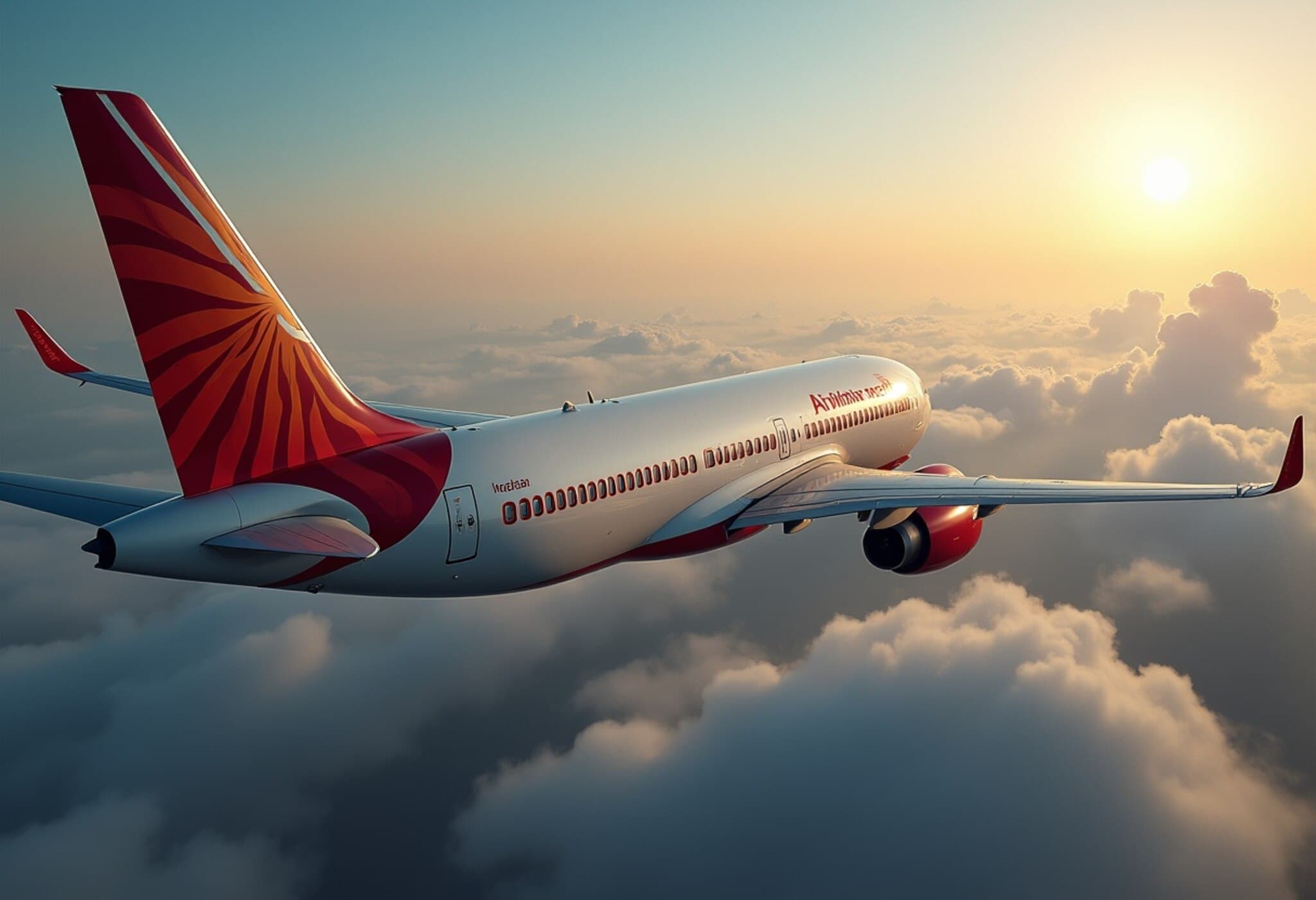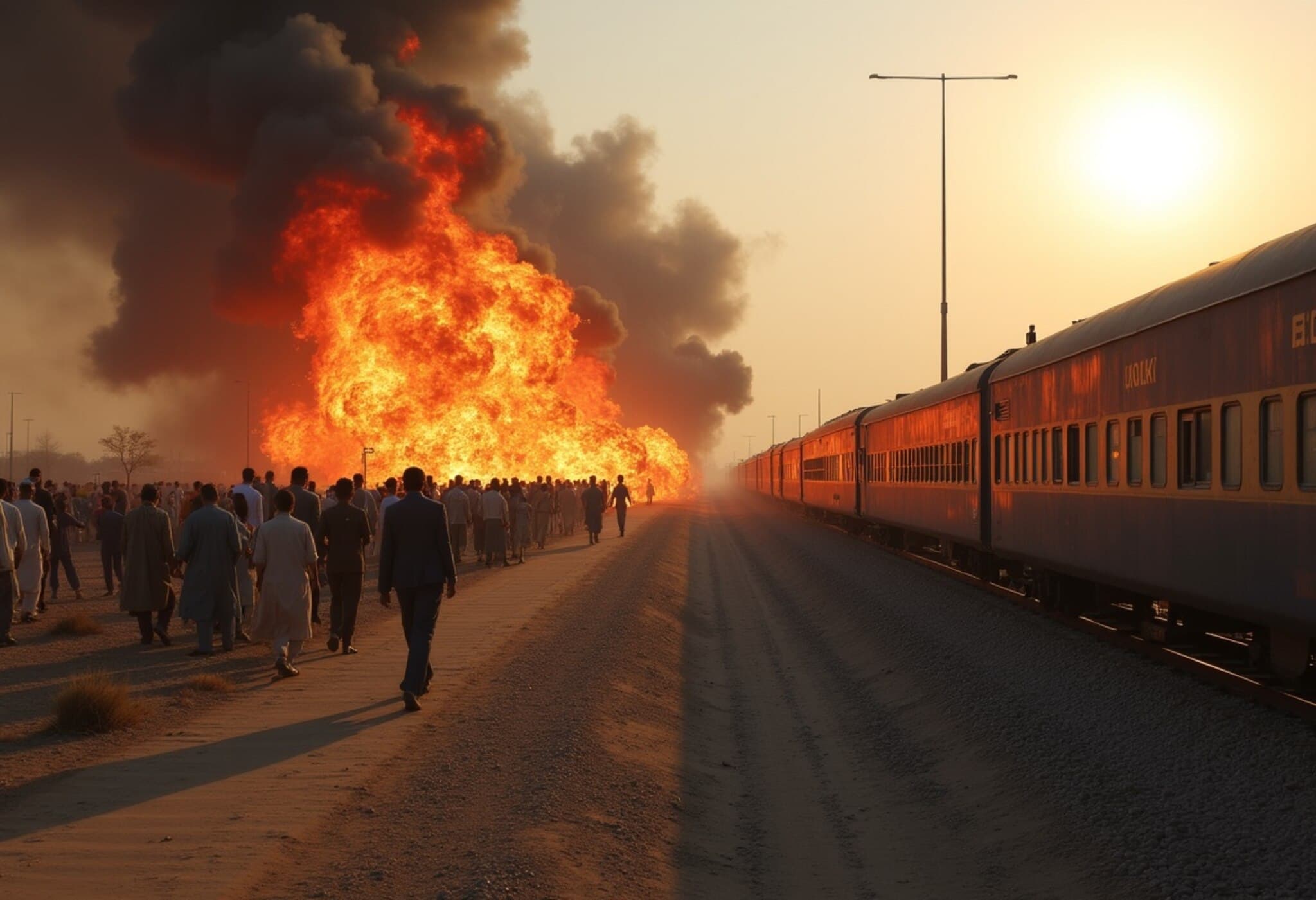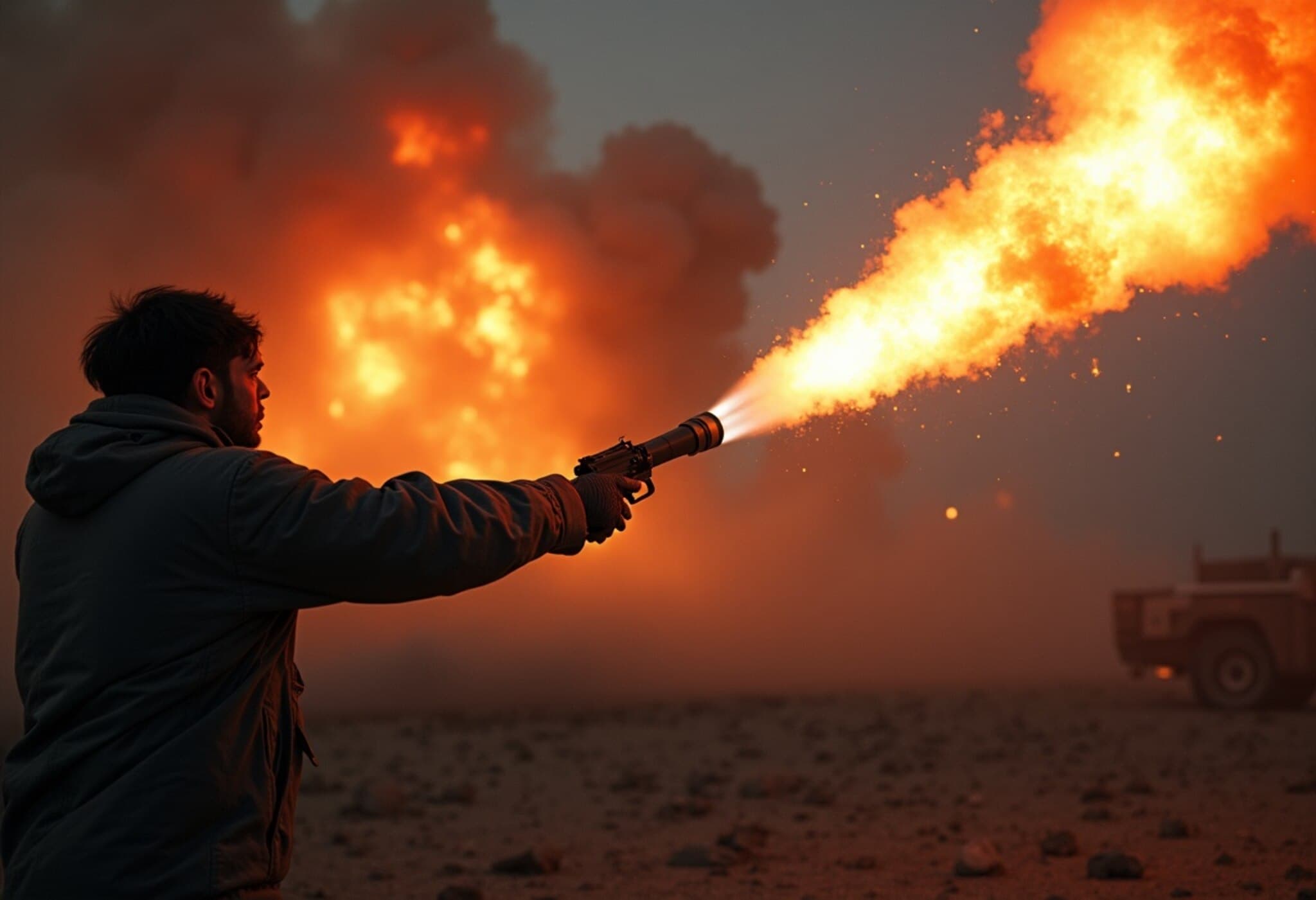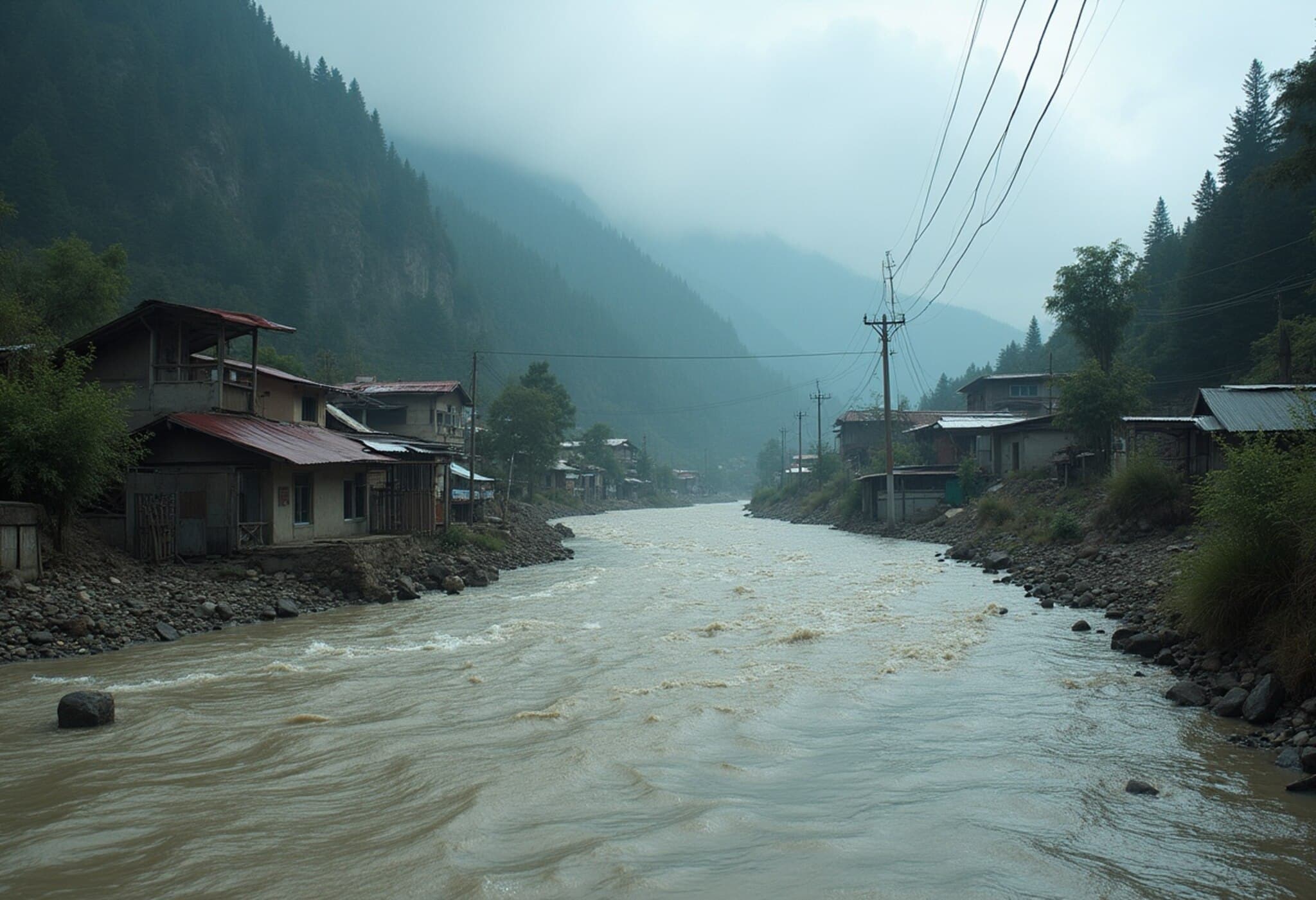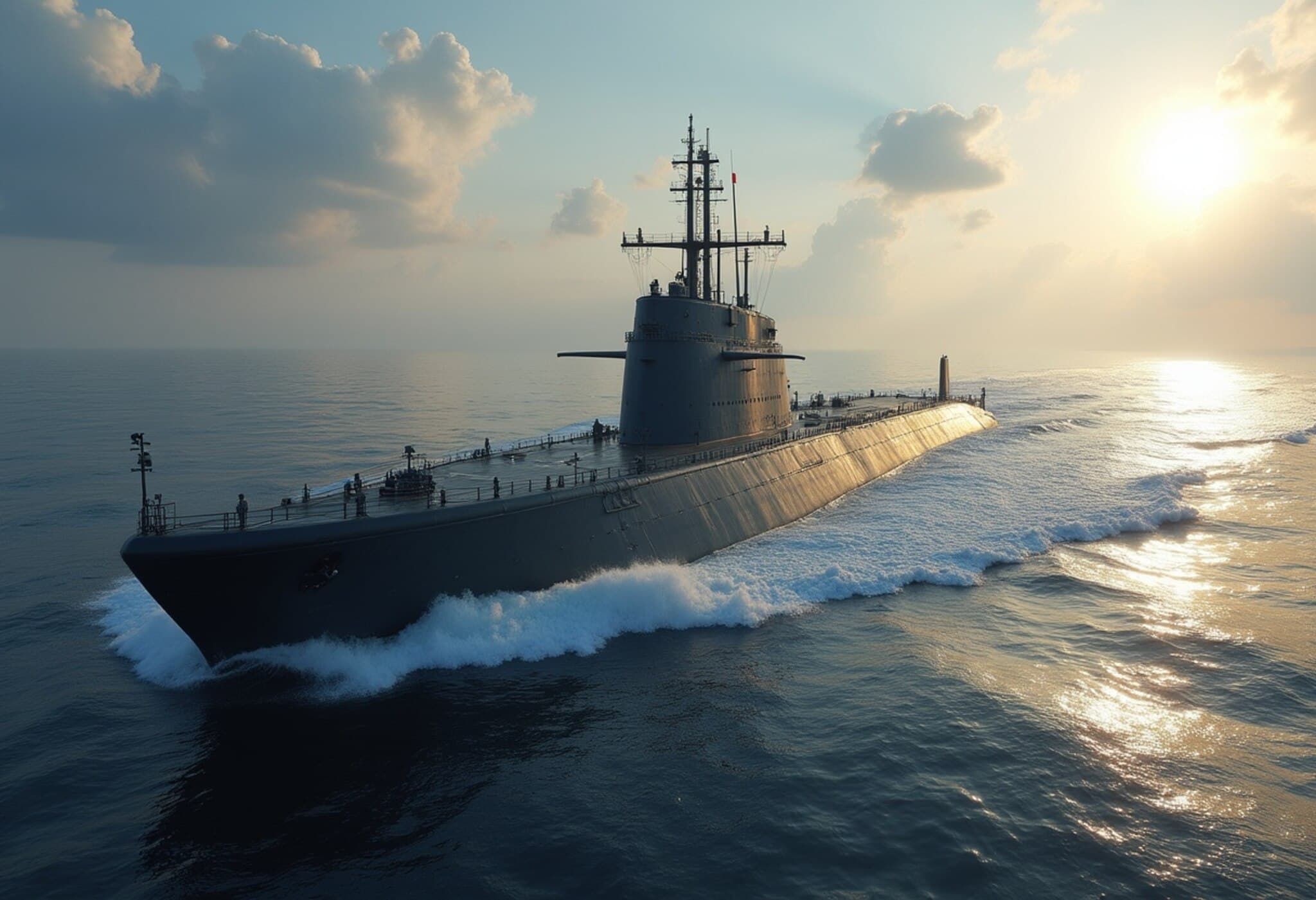Islamabad Express Derails Near Kala Shah Kaku, 25 Passengers Injured
On Friday, a harrowing incident unfolded near Kala Shah Kaku when four coaches of the Islamabad Express train derailed while en route from Lahore to Rawalpindi. The mishap resulted in injuries to at least 25 passengers, bringing urgent rescue operations into focus and raising pressing questions about railway safety in Pakistan.
Immediate Aftermath and Rescue Efforts
Rescue teams swiftly arrived at the scene following the derailment. Injured passengers were transported to nearby hospitals for medical treatment. Authorities prioritized relief work amid challenging logistical conditions, displaying a resolute response to the unfolding emergency.
Official Response and Inquiry
The Federal Railways Minister, Hanif Abbasi, promptly acknowledged the gravity of the event. A formal inquiry has been launched to investigate the incident's causes, signaling the government’s commitment to transparency and accountability. More information is anticipated as the investigation progresses.
Contextualizing Railway Safety in Pakistan
This derailment spotlights ongoing challenges faced by Pakistan Railways related to infrastructure maintenance and operational safety. The incident serves as a stark reminder of the need for systemic reforms, comprehensive safety audits, and investment in modernizing the rail network to safeguard passenger well-being.
Why This Incident Matters to the Region and Beyond
- Passenger Safety: With trains being a key mode of intercity travel, ensuring safety remains paramount for public confidence.
- Economic Impact: Frequent accidents disrupt commerce and labor mobility across Punjab province, affecting regional economies.
- Government Accountability: Public scrutiny of railway management practices will likely intensify, demanding reforms and oversight.
Expert Insight
Rail transport experts emphasize that derailments often trace back to neglected track maintenance, outdated equipment, or operational lapses. To reduce such occurrences, a multifaceted approach involving enhanced regular inspections, adoption of new technologies, and stricter regulatory enforcement is critical. Additionally, increasing budget allocations toward rail infrastructure modernization could substantially lower accident rates.
What Comes Next?
As investigations continue, authorities face mounting pressure to uncover root causes while implementing measures preventing future derailments. For communities that rely on trains daily, timely safety assurance is not just a policy priority but a human imperative.
Editor's Note
The derailment of the Islamabad Express underscores the vital importance of investing in modern, safe, and reliable rail infrastructure in Pakistan. Beyond immediate rescue efforts, this episode compels us to critically examine systemic vulnerabilities that jeopardize passenger safety. How will policymakers and Pakistan Railways rise to the challenge of preventing similar tragedies? The coming weeks will be telling as facts emerge and reforms take shape.

